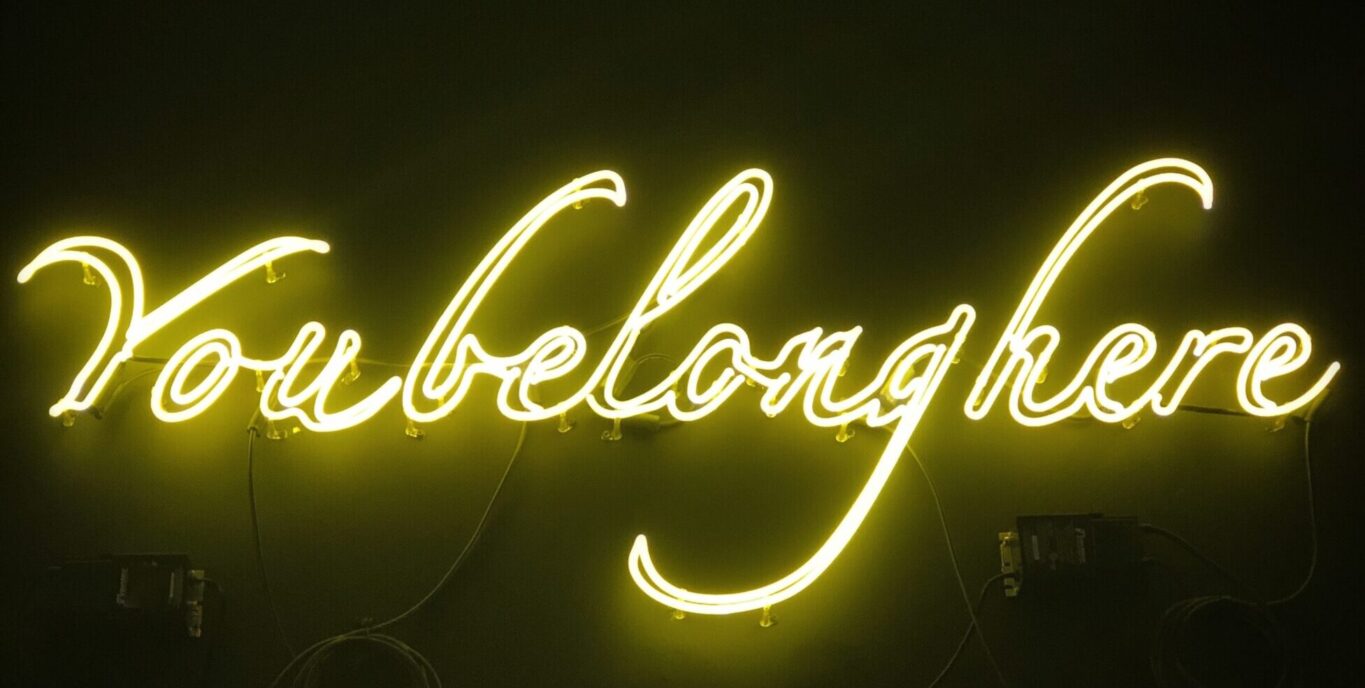I’m sure that you have likely already read several articles about kicking off another year, creating new years resolutions, or all the ways you need to improve yourself in 2023.
While making changes – sustainable ones – can be a good thing and can at times improve your life, it’s okay if the pressure to create new resolutions or even more so, the pressure to keep those resolutions is something you’re not jiving with as you enter the new year. You’ll find no judgment from me! In fact, I’ve struggled for years with the idea that somehow the end of a year and the beginning of another one simultaneously means that somehow I wasn’t enough, or didn’t do enough previously and that unless I make changes (and usually society makes us believe these changes have to be in multiple areas of our lives!) I won’t be enough. Enough what? Liked enough? Smart enough? Skinny enough? Zen enough?
Don’t get me wrong, in reality there are multiple things that could likely improve in my life. Some of those might even mean I would have a more fulfilling or happier life. However, none of those changes would make me more. Or enough. Why? Because I am already enough, just as I am. And, so are you!
You’re enough even without becoming a minimalist.
You’re enough without hitting the gym 4-5 times a week.
You’re enough without switching up your diet to the newest fad diet.
You’re enough even if you don’t read a new book each month.
You’re enough. Period.
So if you are not jiving with the constant plugs of creating change or resolving to fix your life in 2023, it’s okay.
Something to think about:
- Does the pressure, guilt, shame or anxiety that you feel prior to beginning a new years resolution magically go away when you start? Or dissipate completely when you achieve said goal? Or, worsen when you don’t achieve your desired effects? Does this fuel an even harder cycle to manage long-term?
- Think about previous resolutions that you’ve made. What percentage of those resolutions would you say you managed to achieve? What percentage of those resolutions would you say you weren’t able to achieve? Did that empower you to create more change? Or possibly stunt any forward progress at all because change felt harder to create and farther away than it did before?
- Do most of the new years resolutions you make include denial of some sort or self-imposed abstinence? What happened after the period of time you set to deny or abstain from whatever thing or activity that you resolved to fix or change?
- How do you feel about creating new years resolutions? Do they fill you with dread, worry or anxiety? Or do they recharge you, make you desire to be a better person, a happier person, or a more fulfilled person? Do they improve your life in ways that affect you or your loved ones in long-term ways?

I’d argue that there are many reasons why creating new years resolutions may actually have undesirable results and may cause greater harm than good. Intentions that come with setting new years resolutions are often filled with guilt and shame. If you already feel these things before starting any resolutions or making any changes what happens if you attempt and fall short? It’s likely that you’ll experience more shame and guilt, or other possible negative side effects, like anxiety or depression, not to mention feel less happy with who you are overall.
That’s not to say that change isn’t good! Sometimes change is absolutely necessary and can yield many positive benefits. And sometimes we all might even need manageable goals to achieve certain outcomes that we would like to see.
If you do find that you want to make a few changes in the new year but are unsure how to make them effective, consider the following steps.
Focus on good-for-you changes
Good-for-you changes bring more good in to your life and honor yourself in the process
Create sustainable goals
Goals that when achieved are sustainable for a long time and fit into your life and schedule in natural ways
Throw out timelines
Don’t get wrapped up in specific deadlines or ‘must meet by’ dates. These just tend to produce additional anxiety in the meantime, and possibly more guilt, shame or depression if not met by the intended date. And ultimately, isn’t the sustainable change you’re looking for more important than achieving it by a specific and often arbitrary date?
Start small and intentional
Choosing just one thing to work on will usually garner more success than completely attempting a full life makeover all at once.
If you feel like you’re wanting to make change in the new year, go for it. But also know that even if you don’t – or even if you don’t achieve everything you’re hoping to, you are still enough, just as you are.
Ready to start your therapy journey? Schedule your individual, couple, family or child session now!
Join one of our monthly newsletters to keep up with upcoming events, important information about MFCC, mental health and wellness tips. Choose from our general newsletter or topics specific to couples and relationships, family and parenting, or spiritual abuse and religious trauma.
We promise not to spam or pass out your information to anyone. And of course, you are always welcome to unsubscribe at any time.







